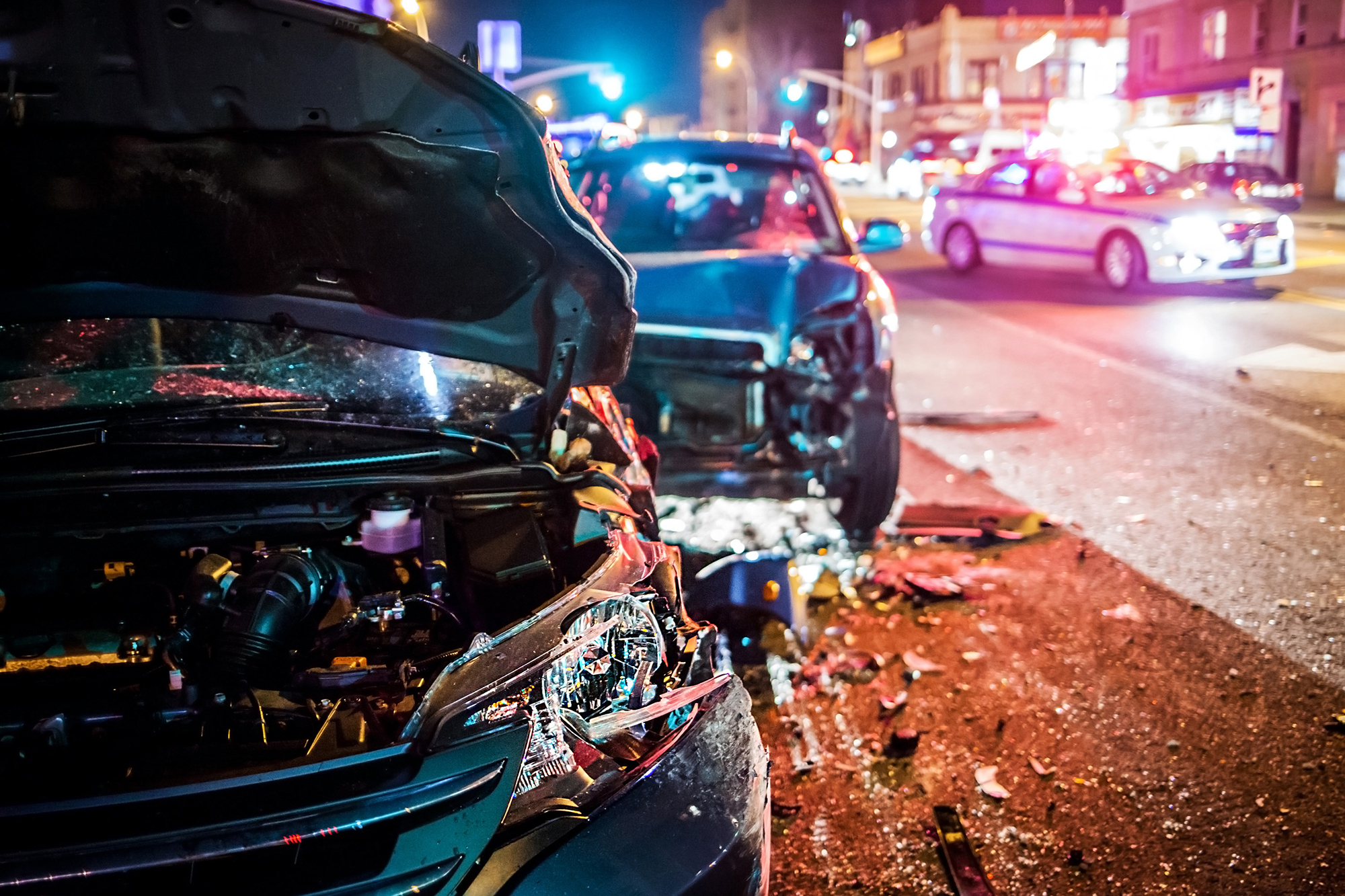Road traffic accidents remain a significant cause of personal injury in the UK. In 2018, there were over 160,000 casualties from road traffic collisions. Of these, more than 25,000 were serious or fatal. From drivers and cyclists to pedestrians and motorcyclists, keeping road safety front of mind is a must for all road users.
While some road traffic accidents are unavoidable, the majority can be prevented. That’s why we’ve created this guide, picking out the main causes of road collisions and advising on how to avoid them.
What are the main causes of road traffic accidents?
There are a number of common factors that increase the likelihood of a collision on the roads. Often, accidents occur when the following factors combine.
Distraction
One of the most common causes of road traffic accidents is distraction and all road users, no matter their mode of transport, can find themselves distracted on their journey.
Distractions include mobile phones, in-car audio systems, children, and so-called backseat drivers.
It is an offence to hold a mobile phone or sat nav whilst driving – this law also applies when you’re stationary at traffic lights or queueing in traffic. The penalty for breaking this law is 6 points on your license and a £200 fine. If you passed your driving test in the last two years, you’ll also lose your licence.
All road users are responsible for their own safety and the safety of others too. Staying vigilant and alert at all times is crucial.

Speeding
Speeding remains a leading cause of road traffic accidents. According to the Royal Society for the Prevention of Accidents (RoSPA), inappropriate speed contributes to approximately 11% of all injury collisions reported to the police and 24% of all fatal collisions.
Collisions caused by speeding are entirely avoidable; drivers and riders must obey the laws of the road to keep themselves and others safe. It is worth always remembering that speed limits dictate the maximum speed, not the required speed, so adjusting your speed to the state of the road or weather conditions is entirely realistic.
As well as being mindful of your speed, one of the most important tips for drivers and riders is to keep your distance from the vehicle in front, often described as the ‘two second rule’. Ensuring you are an adequate distance from other vehicles will significantly reduce the likelihood of an accident.
Tiredness
One in five road traffic accidents is caused by tiredness. Feeling fatigued when behind the wheel means a driver cannot remain vigilant, which can in turn endanger the driver and other road users.
If you feel drowsy when driving, you should stop and take a break – ensuring you stop in a safe place and not on, say, a motorway hard shoulder. The AA recommend that drinking coffee or another caffeinated drink can help boost your alertness. If possible, take a short nap – this can allow you to feel refreshed and ready to continue your journey.


Driving under the influence
Driving under the influence of either drugs or alcohol is illegal and should be avoided at all times. According to the NHS, it is estimated that 9,050 people were killed or injured in 2016 due to at least one driver being over the drink-drive limit.
In England, Wales and Northern Ireland, the alcohol limit for drivers is 80 milligrams. However, the amount of alcohol you would need to drink to be considered over the driving limit varies from person to person.
It is also illegal to drive if you’re under the influence of drugs or have certain levels of illegal drugs in your blood.
Driving under the influence unfortunately remains a far too common cause of road traffic accidents.
Weather
Weather conditions can present a range of challenges for road users. For example, in winter, road safety is particularly important as driving conditions tend to be worse with factors such as poor visibility and a slippery road surfaces presenting an increased risk.
There are a number of things that road users can do to avoid road accidents caused by adverse weather conditions - from reducing speed to being extra aware of cyclists and pedestrians in poor driving conditions.

What to do if you’ve been involved in a road traffic accident
For more information about road safety, visit our #StayRoadSafe campaign hub using the link below. Alternatively, if you have been involved in a road traffic accident and would like more information about how our solicitors can support you, visit our road traffic accident claims page.
